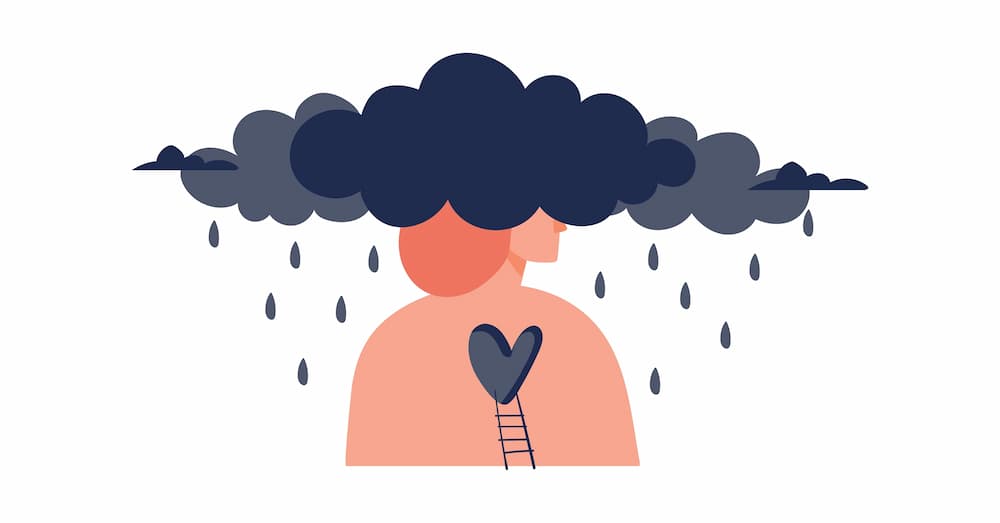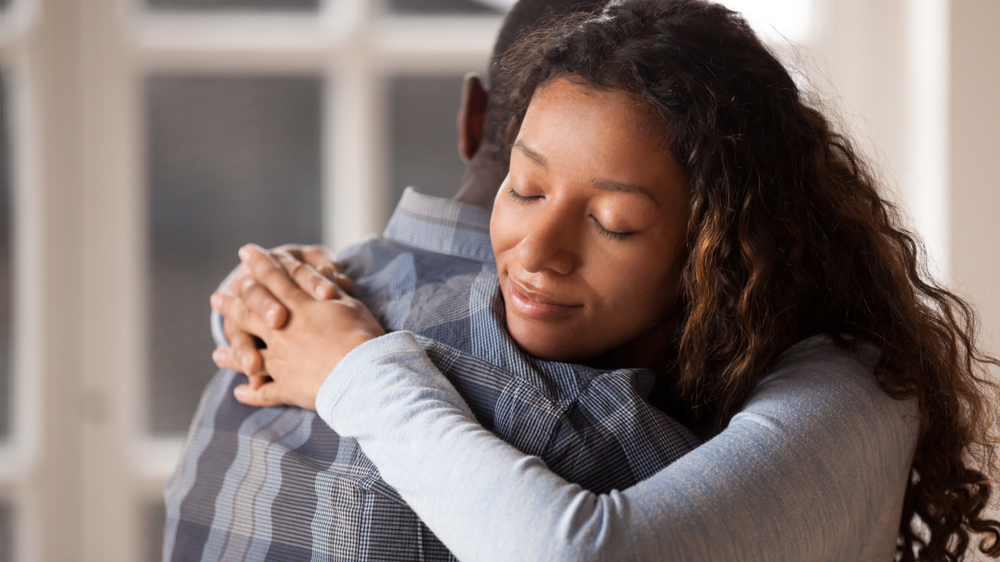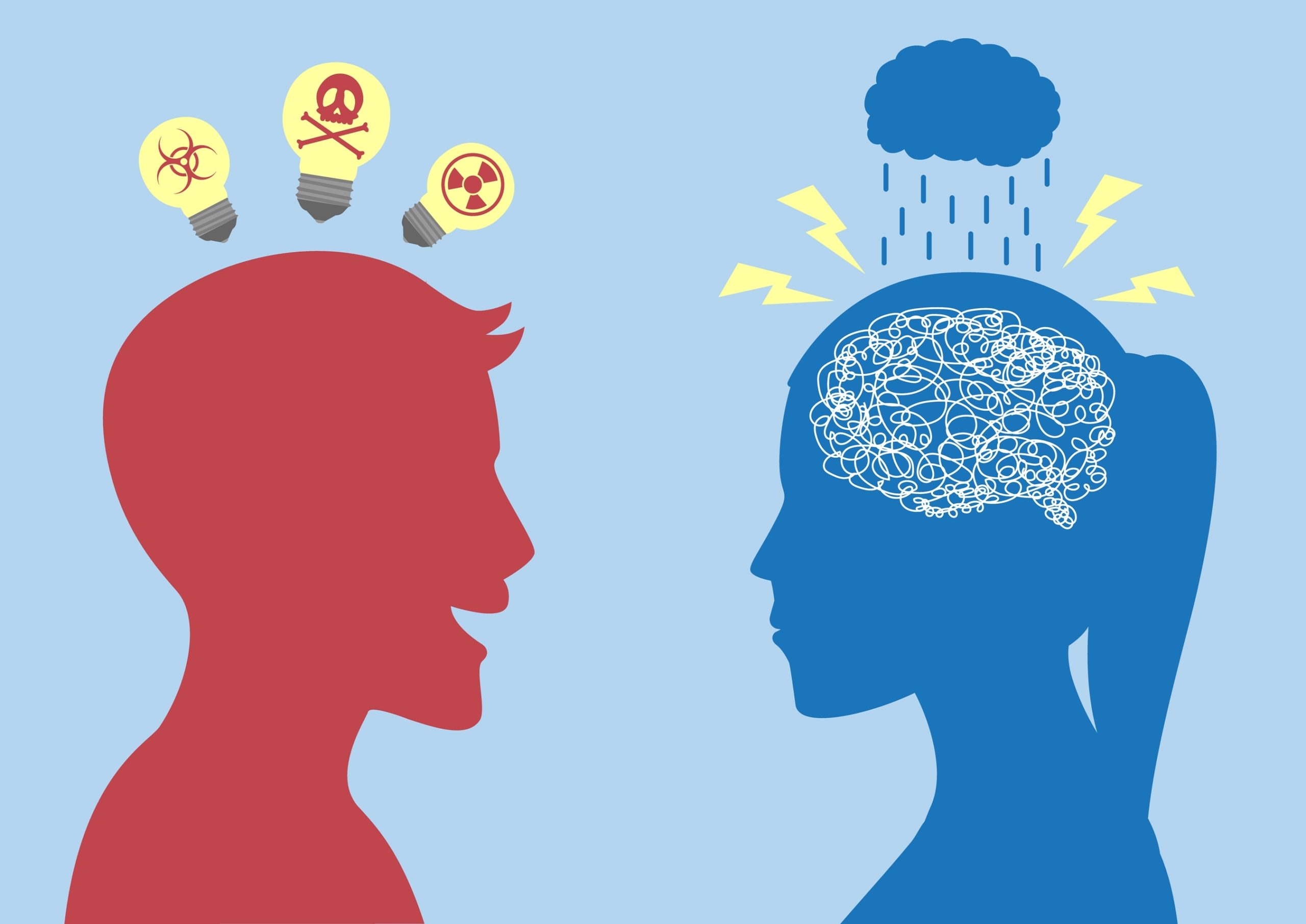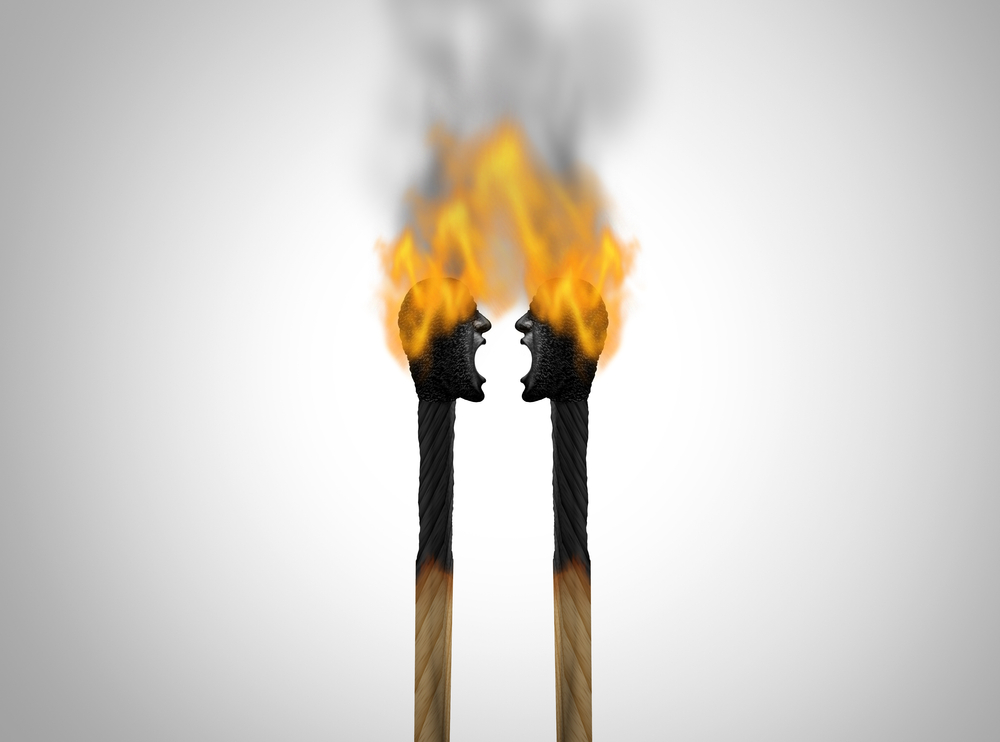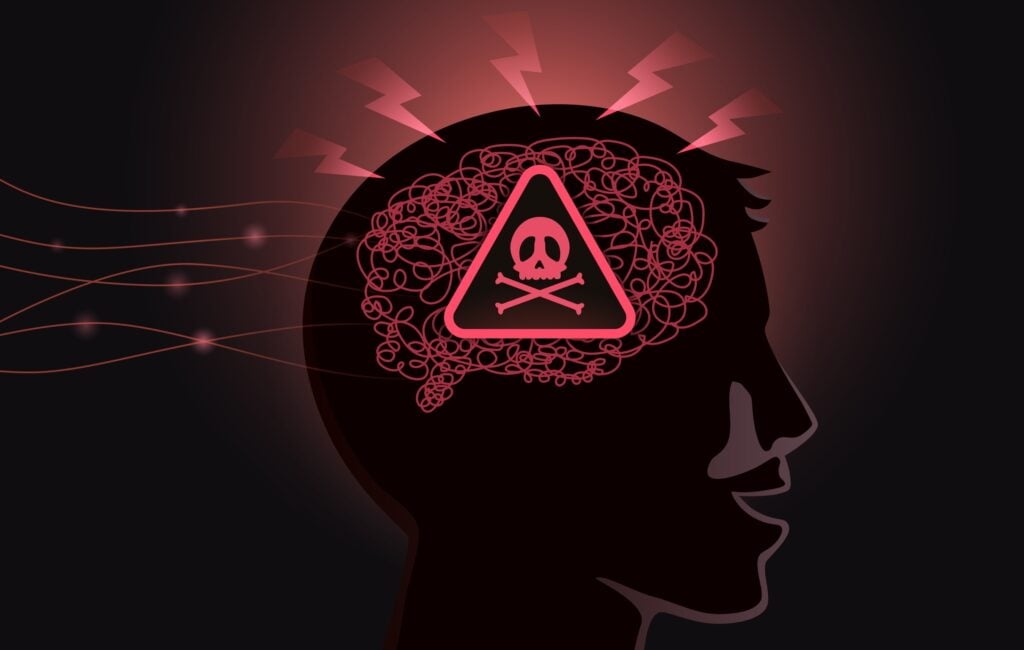Picture this: you meet someone and find yourself on the precipice of a nuclear romance. This new person is the epitome of charm, sending a tidal wave of affection and admiration your way, a true dream come true.
As the relationship soars, you find yourself entangled in a web of emotions so intense and intoxicating that it becomes difficult, borderline impossible, to imagine yourself living without that level of attention.
Then, the tides start turning. What you thought was a vibrant connection becomes a drowning pool, with the other person’s affection being offered by a teaspoon, whereas once it came in torrents. You find yourself being pulled into the deepest depths of emotional famine, craving attention, even if it’s only a pale reflection of what it once was. And, when it ends, you’re left wondering if true love can ever find its way through the wreckage of shattered trust.
What you experienced is the very definition of “love bombing,” a phenomenon that shines with intensity yet hides shadows of manipulation beneath its glistening surface, leaving victims questioning the authenticity of their relationships long after the storm has passed. In the aftermath of it all, many questions arise, the biggest ones being “What drives individuals to turn to this conniving tactic?” and “What consequences does it leave on the victims?”
Is Love Bombing A Trauma Response?
By revisiting the meaning of love bombing, it’s immediately apparent that it’s not a trauma response. Instead, it is a manipulative tactic, typically employed by individuals who display certain personality traits and/or behaviors, such as:
- Narcissistic tendencies: Individuals who display an exaggerated sense of self-importance, lack of empathy, and a constant need for admiration can use love bombing as a tool to feed their ego and control others.
- Manipulative communication: Skilled communicators often employ flattery and excessive praise to manipulate emotions and foster dependency in their listeners.
- Boundary violation: Deliberate disregard for personal boundaries, invasion of personal space, and disrespect for privacy can make targeted individuals vulnerable to the manipulator’s influence.
- Entitlement: Individuals who believe themselves inherently deserving of the attention and affection of others often employ manipulative tactics to ensure their needs are met without regard for the well-being of their partner.
However, these traits and behaviors can sometimes be linked to past traumas. Distressing experiences or events in a person’s life can lead to the formation of certain coping and defense mechanisms, for instance:
- Survival mechanisms: Resorting to manipulation to gain a sense of control, protect yourself from perceived threats, and cope with overwhelming stressors in their life or relationships can be influenced by past traumas;
- Attachment issues: Scheming tactics (i.e., love bombing, gaslighting, etc.) can be developed in response to past abandonment or neglect, typically as a way to manage fears and insecurities;
- Emotional regulation: Intense displays of (ingenuine) affection can be a way for a love bomber to regulate their own emotions or manipulate the feelings of others for their own fulfillment;
- Lack/loss of power/control: An unhealthy power dynamic in past relationships can drive a person to use manipulation to regain or enforce superiority in future ones.
With these contributors in mind, we can draw a loose parallel between love bombing and trauma responses, albeit only by transitional properties.

Still, we must note that while these traits can add to manipulative tendencies, it doesn’t mean that a person exhibiting them is bound to form what is a love bomb relationship by default. It only means that their individual experiences may give them the capability to do so and whether they choose to utilize it is up to their self-awareness.
Why Is Love Bombing Traumatizing?
There are numerous reasons why manipulation in a relationship can be traumatizing to the victim. However, most love bombing trauma examples have some common denominators, the most notable ones being:
False Sense Of Security
Initial affection and attention lull the victim into lowering their guard, rendering them less capable of noticing and addressing manipulative behaviors. This, in turn, makes them even more vulnerable and susceptible to further manipulation.
Fosters Dependency
Love bombers often seek to create a strong emotional dependency in their targets, typically by building themselves into a primary source of their validation. As the victim becomes more reliant on the manipulator for their sense of self-worth and self-esteem, once they withdraw the attention or treat them poorly, the victim starts working even harder to regain their affection, allowing the love bomber to exploit them further.
Isolates The Target From Their Support Circle
Tying into our previous point, another thing love bombers will often do in order to keep free reign over their victims is cut them off from their friends and family, fostering feelings of loneliness, abandonment, and isolation. This further deepens the dependency and vulnerability to manipulation, as well as leaving the victim with (seemingly) nowhere or no one to fall back on.
Perpetuates The Cycle Of Abuse
Like gaslighting, love bombing is a frequently used tactic in abusive relationships. The cyclical pattern of idealization and devaluation, emotional highs and lows, and seemingly inexplicable oscillations between affection and detachment all perpetuate confusion and anxiety in the victim. This makes it difficult for them to break free from the toxic relationship or even recognize that they are in one.
What Is The Aftermath Of Love Bombing?
By definition, love bombing has a simple goal: to manipulate the person into committing to an unhealthy and often codependent relationship. Needless to say, this can have severe lasting consequences for the person on the receiving end. Some tell-tale signs of love bombing trauma include:
- Shattered trust: Discovering that the intense display of “love” was anything other than genuine can leave a person feeling betrayed, which is often emotionally devastating.
- Loss of identity: Love bombers often place their victims on a glass pedestal in a calculated attempt to make them feel idealized. However, inevitable devaluation takes the hammer to that pedestal, bringing the person atop it crumbling into a spiral of doubts about their own opinions, values, and ideologies.
- Loss of self-esteem: The same idealization-devaluation cycle can often make a person feel unworthy of love, happiness, and genuine, honest connection.
- Fear of vulnerability: After being in a love bomb relationship, victims may develop hypervigilance and distrust as defense mechanisms to protect themselves from being hurt or exploited in the future.
Finally, if we combine all of the above, we can see how a person who was subjected to a love bombing may have extreme difficulties forming healthy connections in the future. Trust issues, fear of betrayal and manipulation, and constant mistrust can cripple an individual’s ability and capacity to engage in relationships, romantic or otherwise.
Does Love Bombing Create A Trauma Bond?
A trauma bond is a strong emotional connection that can form between individuals who experience intense emotional highs and lows together, often stemming from an abusive or manipulative relationship.
In this context, emotional oscillations refer to the cyclical pattern of abuse, where periods of intense affection, positivity, and kindness are followed by no less intense intervals of harm, callousness, or violence.
Love bombing can instigate an abusive cycle, as the victim becomes attached to the affection displayed during the idealization phase. However, when this is followed by devaluation, they will often seek to reestablish that positive emotional experience, which effectively contributes to the formation of a trauma bond.
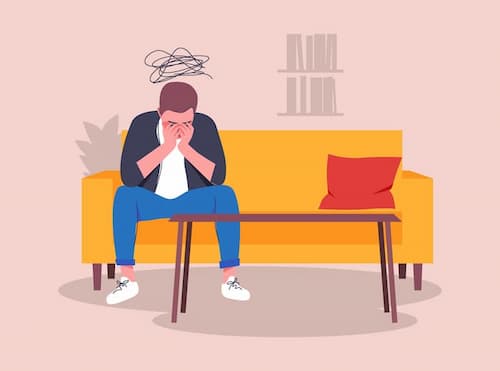
Rely On PIVOT To Overcome Covert Narcissists Love Bombing Trauma
At PIVOT, we understand how love bombing can sow seeds of confusion and emotional turmoil, making it difficult for you to form a genuine connection or be reluctant even to try. We’re dedicated to helping you nip the problem in the bud and turn it all around.
We tailor our coaching sessions to your unique needs and circumstances, giving you the means of rediscovering your inherent strength and resilience and empowering you to rediscover your potential to form genuine, meaningful connections.
All our programs take place in the soothing environment of our Glass House Retreat, where you can recreate your guiding light and head down the road of healing and happiness. Get in touch with us today!
